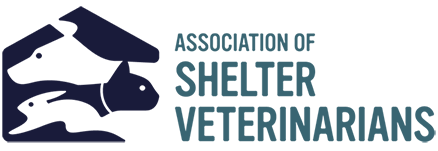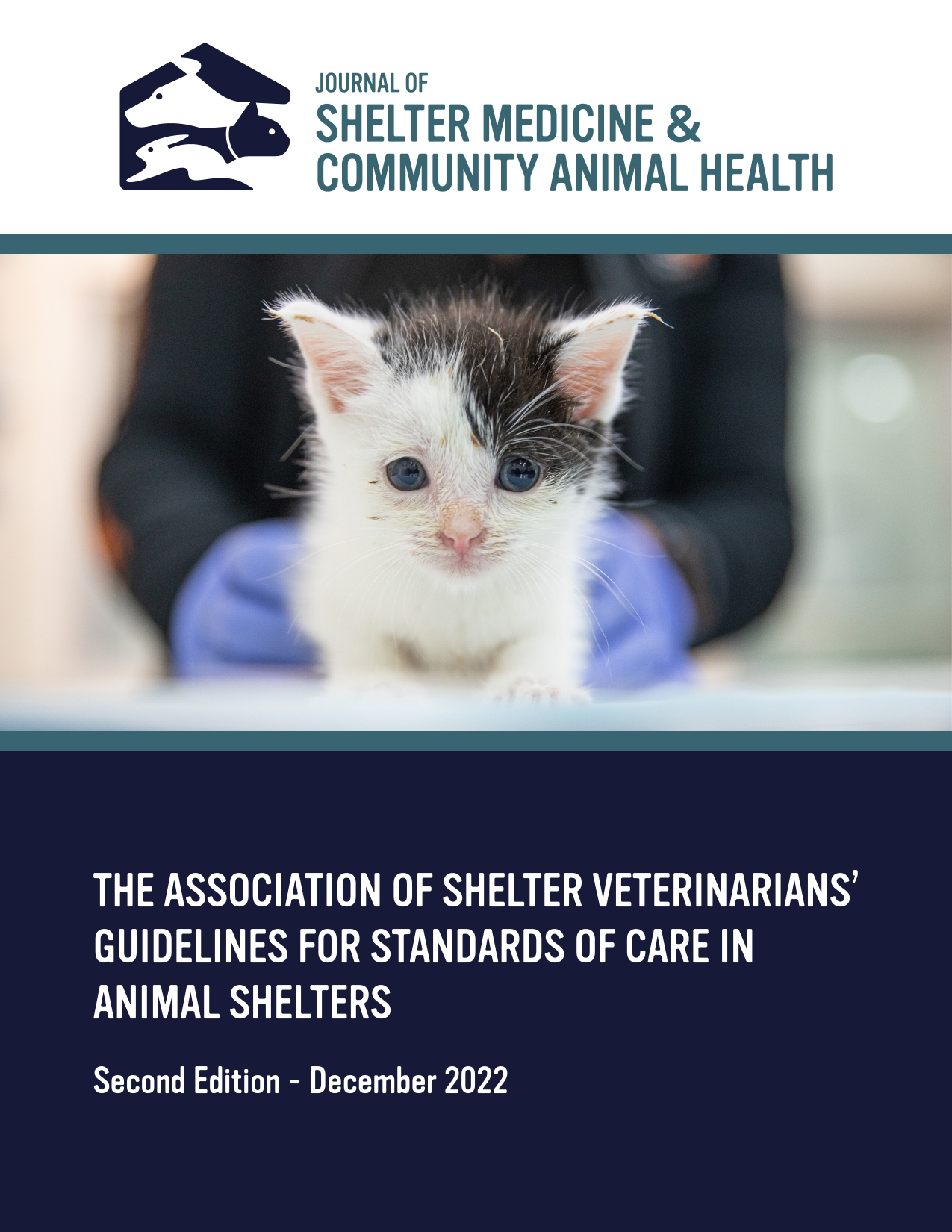A Pilot Program to Assess and Address the Veterinary Health Care Needs of the Hispanic Community in Knoxville, TN [Abstract]
DOI:
https://doi.org/10.56771/jsmcah.v2.56Abstract
This study was initiated to establish a partnership between The University of Tennessee College of Veterinary Medicine’s Shelter Medicine and Companion Animal Initiative of Tennessee’s (SM/CAIT) program and a historically underserved and growing population, Knoxville’s Latino community. Specifically, this pilot study aimed to better understand the interests and needs of Knoxville’s Spanish-speaking pet owners through the community engagement organization Centro Hispano de East Tennessee (CH). We sought to understand this community’s access to veterinary care and identify any perceived barriers. The study also aimed to elucidate ways SM/CAIT can tailor outreach programs to underserved populations with pets and improve animal welfare throughout East Tennessee.
Investigators adapted a survey created by research staff from AlignCare, a program developed to identify access to veterinary care issues and limitations in underserved populations. The survey was translated into Spanish and offered by the SM/CAIT team to CH members attending events and classes at their organization’s community center. All participation was voluntary and anonymous, and participants received one free, engraved pet tag for completing the survey. Surveys were collected and descriptively analyzed. (UTK IRB-19-05365-XM)
Key survey results (n=45) showed that 28% of Centro community members obtained pets through an animal shelter or rescue organization, friends or family gifted 28%, and 26% came from breeders or pet stores. The primary reason for pet ownership included a love of animals and the perspective that the pet is part of the family (76%). Forty-eight percent reported that pets were not spayed or neutered (s/n), and of these, 39% said s/n was too expensive, whereas 22% did not know where to receive s/n services. Respondents reported that they would access local veterinary services for annual exams (56%), vaccinations (82%), and parasite prevention (58%). Twenty-six percent identified a time over the past two years when they could not get needed treatment for a sick pet, the primary reason being lack of affordable care. Other reasons included not knowing where to find care (22%), language barrier (11%), and a concern that the care provider would think badly of them for not seeking care earlier (22%). Participants said they would be interested in services and resources on vaccines and parasite prevention (64%), training and behavior (36%), information on clinics, and pet care resources (29%).
The survey findings led to implementation of a vaccine clinic for Knoxville’s Latino community. The municipal shelter attended, and local resources and AVMA brochures in Spanish were provided on pet ownership, internal parasites, external parasites, vaccines, heartworm disease, and spay-neuter options.











